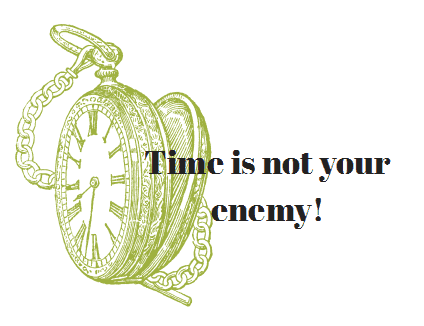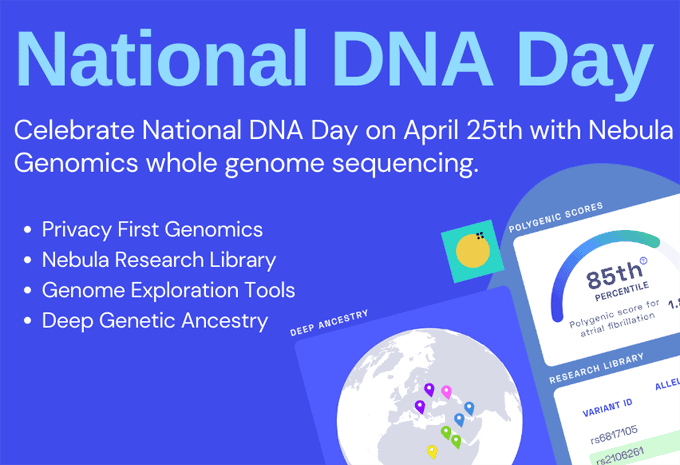Earthquake! What to do BEFORE Your House Starts Shaking
Here in California, we’re used to earthquakes. They come without warning at any hour of the day, and after you live here a while, you tend to get used to them. What the media makes sound like a major quake is frequently brushed off as a minor shaker unless it gets to at least 4-4.5 on the Richter scale. They then launch into a lot of news segments on what to do for earthquake preparation, while showing pictures of broken glass and videos of people who felt it 37.3 miles away.
All that aside, I am still an earthquake wimp. I’ve been through hurricanes, tornado alerts, floods, blizzards and major storms, here in California and across the country. I don’t want to get stuck in any natural disaster, but quakes have a way of unsettling me more than any other. I do my best to not freak out the kids, but to counteract what they do pick up on, we’ve had numerous earthquake drills and try to make sure we’re prepped should “the big one” hit, or even a smaller one that does some damage to the property or destroys things in the china cabinet, where a lot of treasures are stored.
There are a lot of lists out there to help you become prepared, but here are some additional tips we’ve learned throughout the years that make our lives a little less stressful should a quake happen.
- Make sure everyone knows how to disengage the electric garage door opener; power frequently goes out in bigger quakes and you don’t want to be stuck in the garage or have your vehicle stuck either.
- Choose one person out-of-state, or if you’re in a really big state, someone at least on the other end. (Ideally, you want to choose someone on different phone circuits who won’t have problems receiving phonecalls.) Be sure they’re fine being your family’s point-of-contact, and then give their number to everyone in your family in your immediate area who could be affected if a big quake hits. While local phone lines could be down or oversaturated with phone calls following a disaster, out-of-state numbers shouldn’t have a problem, so everyone can call that person to check-in as soon as they each find a phone signal. That point-of-contact can pass along messages of who is safe, who needs help, etc.
- Pre-choose a meeting point. If you have to leave your home and are able to safely do so, you can all meet up at one place to regroup and plan next steps. Choices are a park, a wide open parking lot (without electrical wires and/or poles) or even a Starbucks the next county over.
- Create a family email address, something like TheJonesyFamily@myfamilyemailaddress.com. Give everyone the password. It can be a meeting point to place notes rather than have to text a bunch of people, especially since some people may not have service. You can always ask someone else to access the account and you may need to share files, something that’s harder to do while texting.
- Keep a spare phone charger in your purse or “go bag,” so whatever you grab should you need to run out of an unsafe building, you can charge your phone. And if you’re in a quake-prone area, keep them charged! (I also keep a phone charger in my car.)
- Stash away some money in a joint bank account that is accessible by several in your family. You may be injured and you need to be sure someone can access funds and handle things until you’re able.
- Some people will say “never put your passwords in one list,” and I understand the value in that, but having seen what some people have gone through during a tragedy, I opt to take the risk. I maintain a few lists of sign-ons and accesses. (These are printed out and not accessible via computer hack or electronically, for safety.) My husband knows where it is so in the event I am away from home or injured, he can still sign in to pay a bill, get a duplicate credit card mailed, etc. I even have a list of all the insurances, utilities, etc.
- Print copies of all your prescriptions, doctor’s numbers, diagnoses and medical insurance cards in an easily accessible location, along with copies of your auto, homeowner’s and other insurances as you may need to make claims and not have access to the vehicle or property.
- Stow extra dog leashes in with your emergency kit. (You already have one, right? I left that off my list as it’s the one thing everyone should have and usually knows about.) Dog meds, prescriptions, water bowl – don’t forget the furry kids when you plan!
- In short, it’s about simplifying your priorities, which is to keep your family safe and unified. You want to be able to get out of your home safely or remain and be able to open your home to others who are less fortunate.
- And please – please – be careful if you stashed candles and matches. Be sure there is not a gas leak or a safety issue if you were to light a match. Ever seen those little electric candles that are battery-operated? They are fairly affordable and found at many stores now; better to be safe than sorry!
Earthquakes are awful and the idea of having to plan for “the big one” is daunting, but spending the time and money now on things you may not think about when panicking will pay off!








Great tips, I haven’t ever experienced an Earthquake. I know that we have had a few small ones in TX but I haven’t ever noticed them. 😉
I hate them…I’d make that in really big letters but WordPress won’t let me! 😉 I knew I was coming back to them but you make a sacrifice in regards to weather problems everywhere, so I know it’s better than what a lot of areas experience. I just have never really adapted to them. Had a 2.9 yest, centered here in town. Baby quake, truly, but I still felt it and stopped breathing for a few seconds. You just never know, is it going to stop, or is this the one that will continue??
These are great tips! I went through the ’94 Northridge earthquake while attending CSUN, so I make sure to have (and update periodically) an earthquake kit in my car & hubby’s car, keep shoes near the bed and have an emergency stash of water/food. A lot of the tips you outlined though I hadn’t thought about. Thanks for sharing!
Thanks! I’m probably over-prepared, aka paranoid 😉 I remember Northridge, and I was in the desert during Landers. Seeing my little guy bounce across a mat on the floor still sticks in my head. Sounds like you’re really prepared, way to go! Way better to be safe than sorry! 🙂
These really are amazing tips – I’d heard some of them before, but some are new. Also, they aren’t just for earthquakes! If our garage door opener stopped working, I would just back the car THROUGH the door. Maybe I should get a lesson on how to disengage the opener. 😉
One thought on the passwords – there are some great password vaults that are accessible online and are very secure. Many even have apps that allow access from your phone (with a secure password). It means everyone in the family only has to remember one password, and they can access others. Plus, you can choose to store other information that might be needed in an emergency (insurance info, etc.). Ours even allows us to create one-time or short-term use passwords – we’ve used those when we’ve gone on vacation to make sure emergency contacts have the info they might need in case of emergency.
Good tips about passwords! Thank you! I’ve never thought about online vaults like that. (I just this morning moved a file of them onto a flash drive.) And short-term ones for this? Perfect!